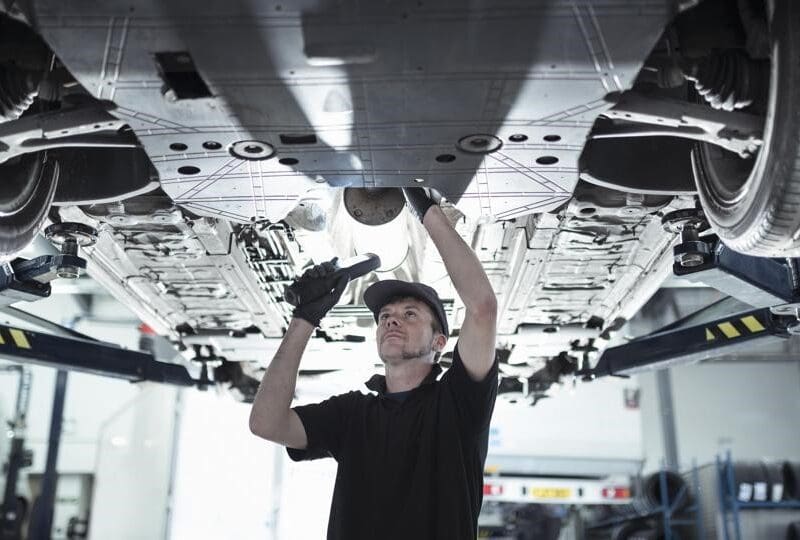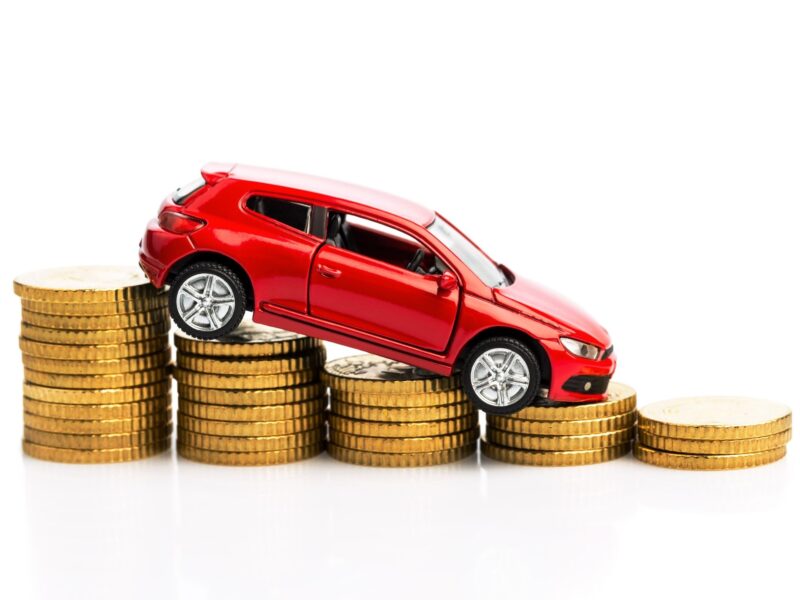
The Most Common Auto Expenses People Are Unprepared For
When you buy a car, you must prepare for costs beyond the monthly car payments. For starters, third-party liability insurance is often mandated by the law. When you look at a CarShield review, people cite that you must be ready for other ancillary expenses like toll fees, fuel, maintenance work like an oil change or brake pad replacements, and accidents.
Moreover, there are potential violations with corresponding pricey penalties. Life has a funny way of throwing expensive curve balls at car owners. Don’t be stuck in a bind when this happens; you must be ready financially and prepare an emergency fund for these untoward incidents. Far too many drivers get surprised by these unusual expenses associated with owning a vehicle. With proper preparation, you won’t be caught unaware. Check out the most common auto expenses people are unprepared for:
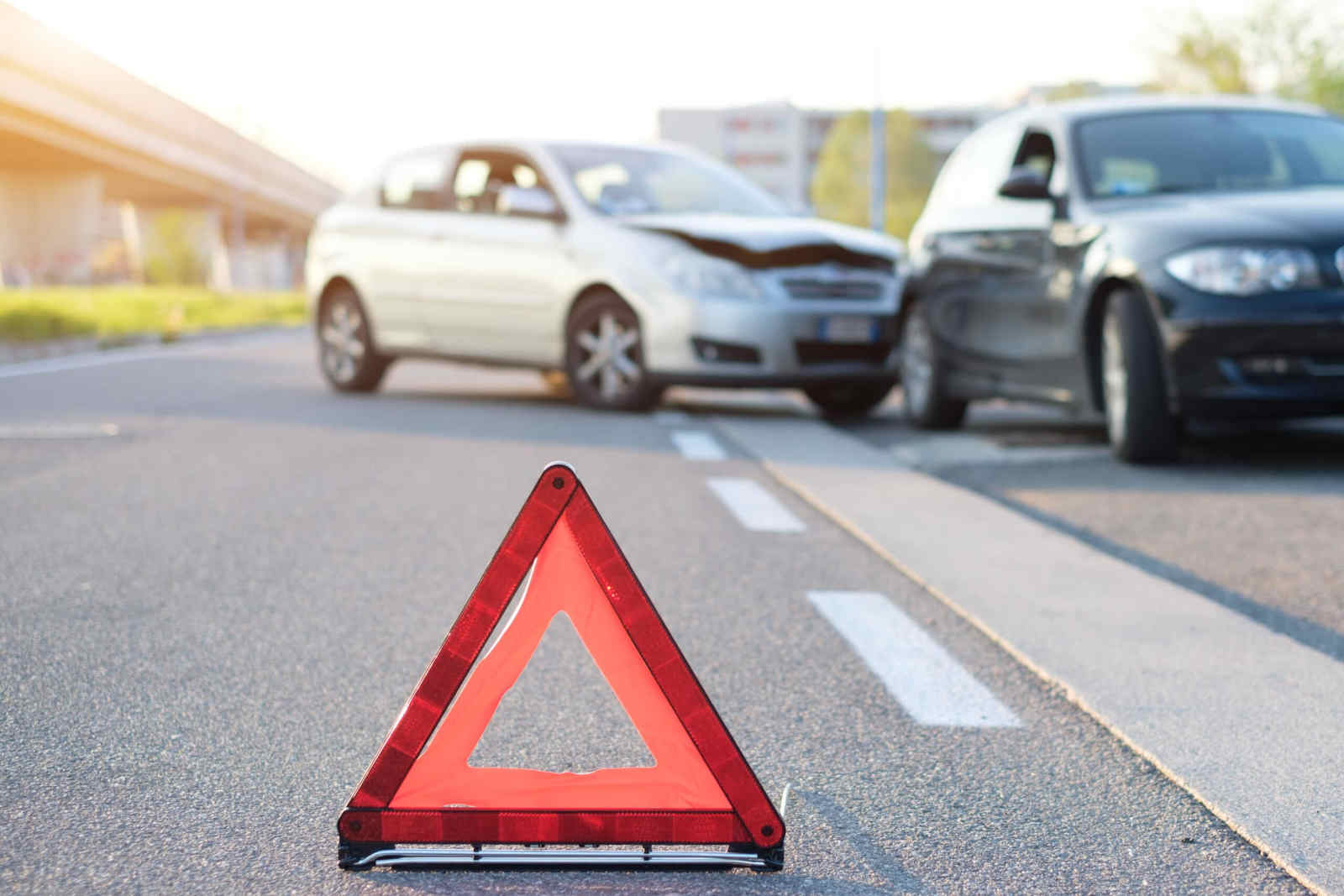
Road Accidents
Even if you’re a careful driver, you still can’t control other people’s behavior. Millions of car accidents happen around the world every year. And, of course, no one ever plans for an accident to happen. If it’s another party’s fault, their insurance ought to cover any damages in your car, along with bodily injuries. If it’s your mistake, collision insurance will kick in if you have it. Notably, you also have to pay a deductible before insurance takes over.
However, most people just pay the bare minimum requirement, which is third-party liability insurance. Sadly, as its name suggests, this only covers the bill for a set amount towards the other party. It’s not enough if you have big damage to your vehicle or if you face medical treatment with equally sky-high bills. You may also miss work if you’re injured, resulting in lost income. For this reason, it’s best to be ready for any eventuality with comprehensive collision insurance.
Potential Premium Hikes
If you are in an accident and your insurance covers the cost, your insurance will pay, but they won’t be thrilled about it. If you’re at fault, your monthly insurance premiums will suffer, and you’ll be forced to pay more. That’s not surprising because you’re considered riskier then.
On top of that, if you frequently get cited for traffic violations or your credit history takes a nosedive, your insurance premiums may also increase. Reckless drivers are considered a big risk on the road, so insurance charges more. Similarly, if your credit is bad, it shows you’re not fiscally responsible. Insurance companies expect that this behavior will translate on the road.
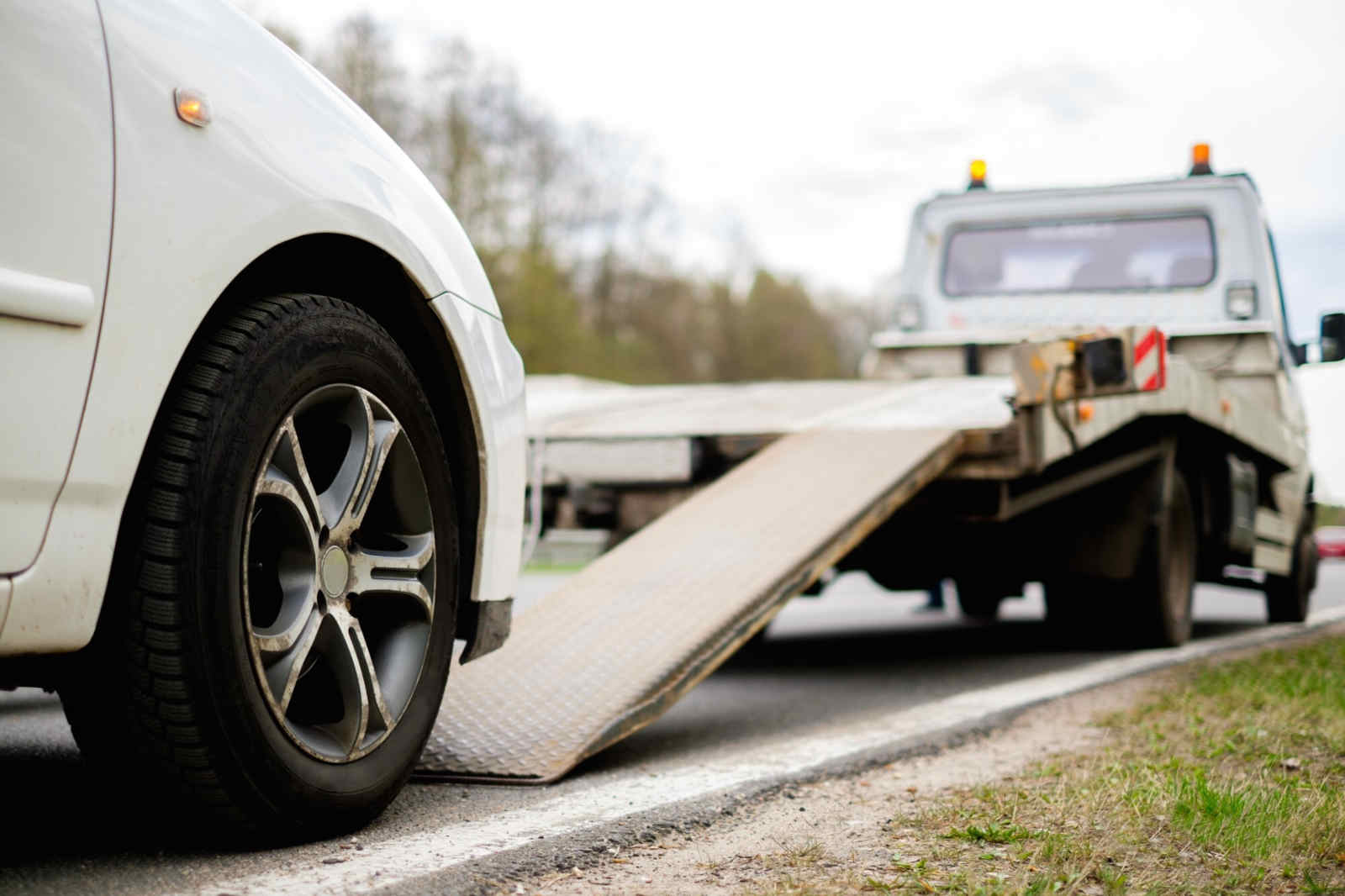
Traffic Violation Tickets
As a driver, a traffic ticket is one of the expenses you must prepare for. Even the most careful drivers are sometimes caught unaware speeding up five to 10 miles more than the speed limit. Moreover, if you drive in unfamiliar road conditions, you’re likely to get a traffic citation if you miss any road warning signs.
Notably, the more tickets you accumulate in your driving record, the higher the ticket amount. In addition, some violations are more expensive than others. For example, a parking ticket will cost much less than driving under the influence. If your traffic offenses pile up and the severity is serious, your insurance company will jack up your premiums. If you feel an error in judgment, you can always go to court and contest the violation.
Car Towing Issues
A parking ticket is unpleasant but getting your car towed is a complicated and unpleasant experience. Vehicles are usually towed in a remote garage. Getting your car back is expensive because you fork out money for:
- Towing fees
- Storage fees
- Handling charges
- Associated costs
Similarly, if you encounter a mechanical breakdown, you may have to call for towing to get your car fixed. While getting your car purposely towed to a repair shop may not be as expensive as recovering it from being impounded, you still have to pay a lot of money to the towing company.
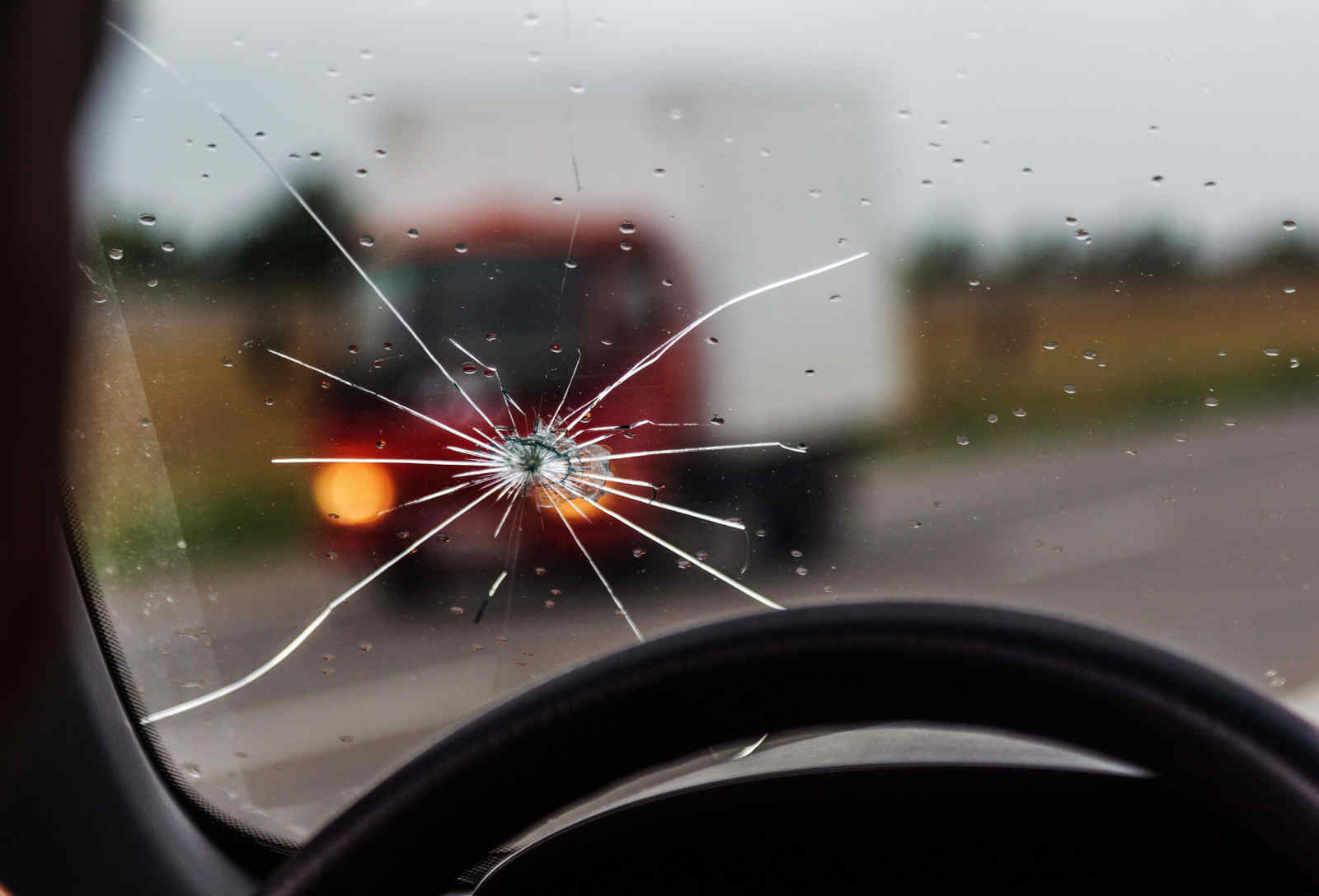
Windshield Damage
One of the unexpected events car drivers encounter is windshield damage. For example, you’re traveling the road, and a small pebble ricochets into the glass. It creates a small crack that looks barely noticeable. However, windshield cracks are tricky, and they don’t stay small for long. Since the windshield faces intense pressure as you speed up, coupled with the harsh elements, the small crack can escalate and explode when unattended.
Hence, it’s imperative to have small cracks filled and fixed. The bigger the crack, the harder it is to repair. Don’t wait for extensive damage that may result in a full replacement. Installing a new windshield eats up money and takes a lot of time.
Tire Issues
Your vehicle’s tires are the only part of the car that touches the road. Thus, it gets a lot of wear and tear, especially if you travel great distances or frequently pass through rough roads. Tires are also prone to damage from the following:
- Potholes
- Nails
- Shards of glass
- Debris
- Curb impact
Make it a point to check tire pressure and alignment to prevent rapid tire degradation. If you don’t care for your tires, they will wear out fast. And old tires are more prone to blowouts and flats. Tires are not cheap, and you usually have to replace them all for balance.
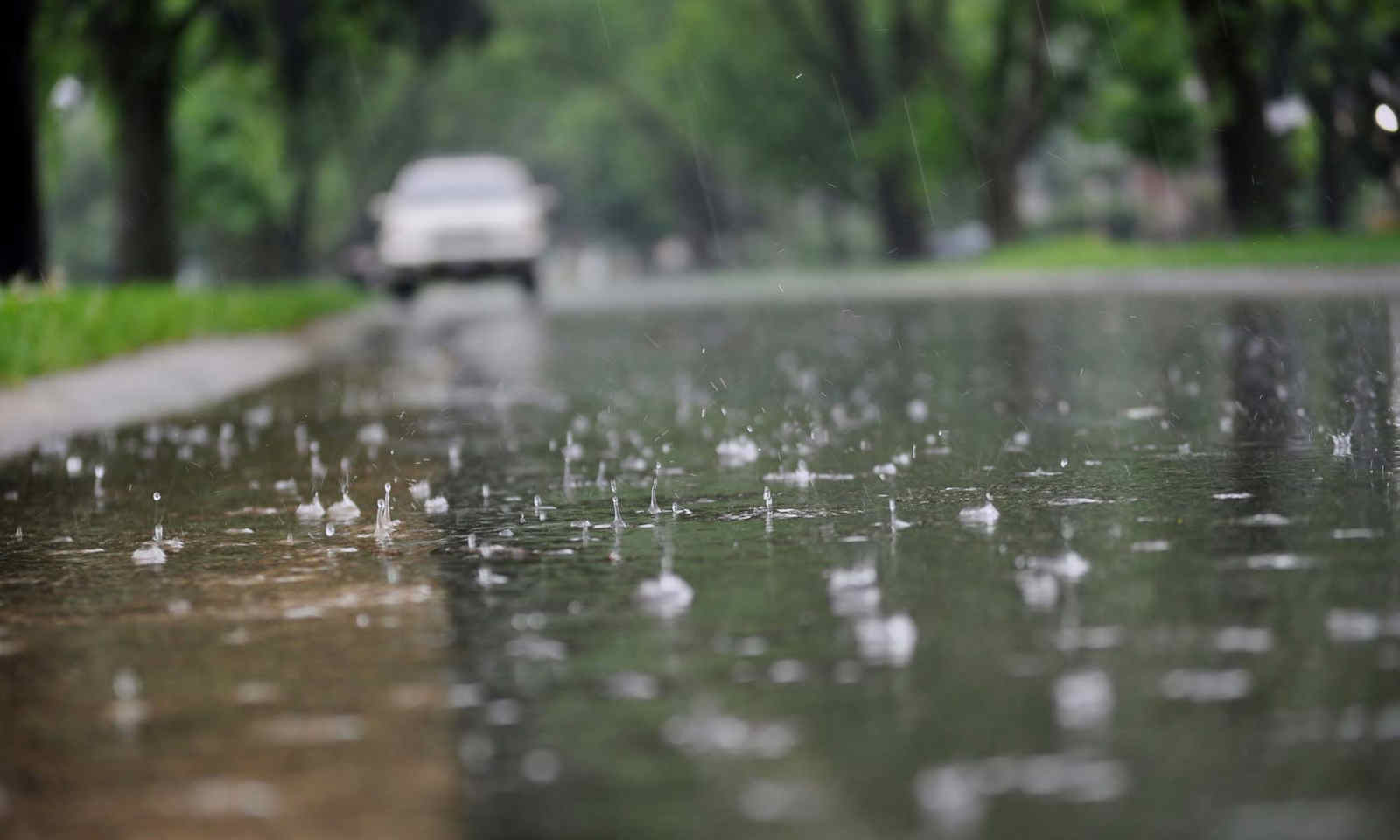
Missing Keys
It’s not uncommon for car owners to replace missing car keys. You’d be surprised how many people forget where they place their keys, including the spares. Unfortunately, losing your car keys is not just annoying, but it comes with a significant expense.
Modern keys with embedded computer chips for entry and starting the car can cost hundreds of dollars. For luxury cars, you may have to pay almost a thousand dollars to replace your keys.
External Factors
There are many things in car ownership that you cannot control. These include mother nature’s wrath like hail, high winds, falling branches, floods, and animal damage. On top of that, there’s car theft and vandalism to contend with. Having your car fixed when you encounter these issues costs a lot of money.
For these reasons, preparing an emergency fund for these common car expenses is vital. Having comprehensive insurance will also provide peace of mind because if something happens, the insurer picks up the tab.





